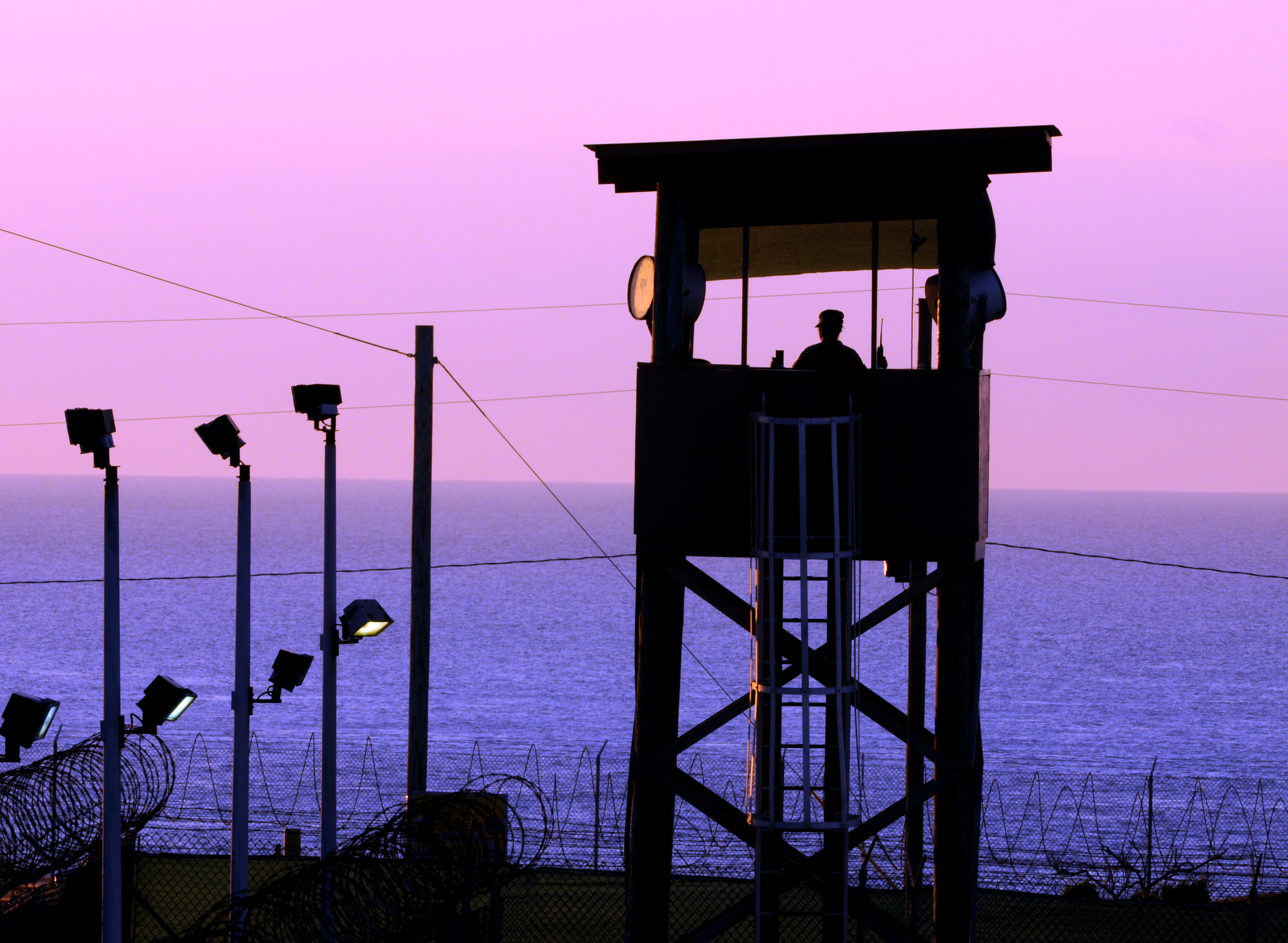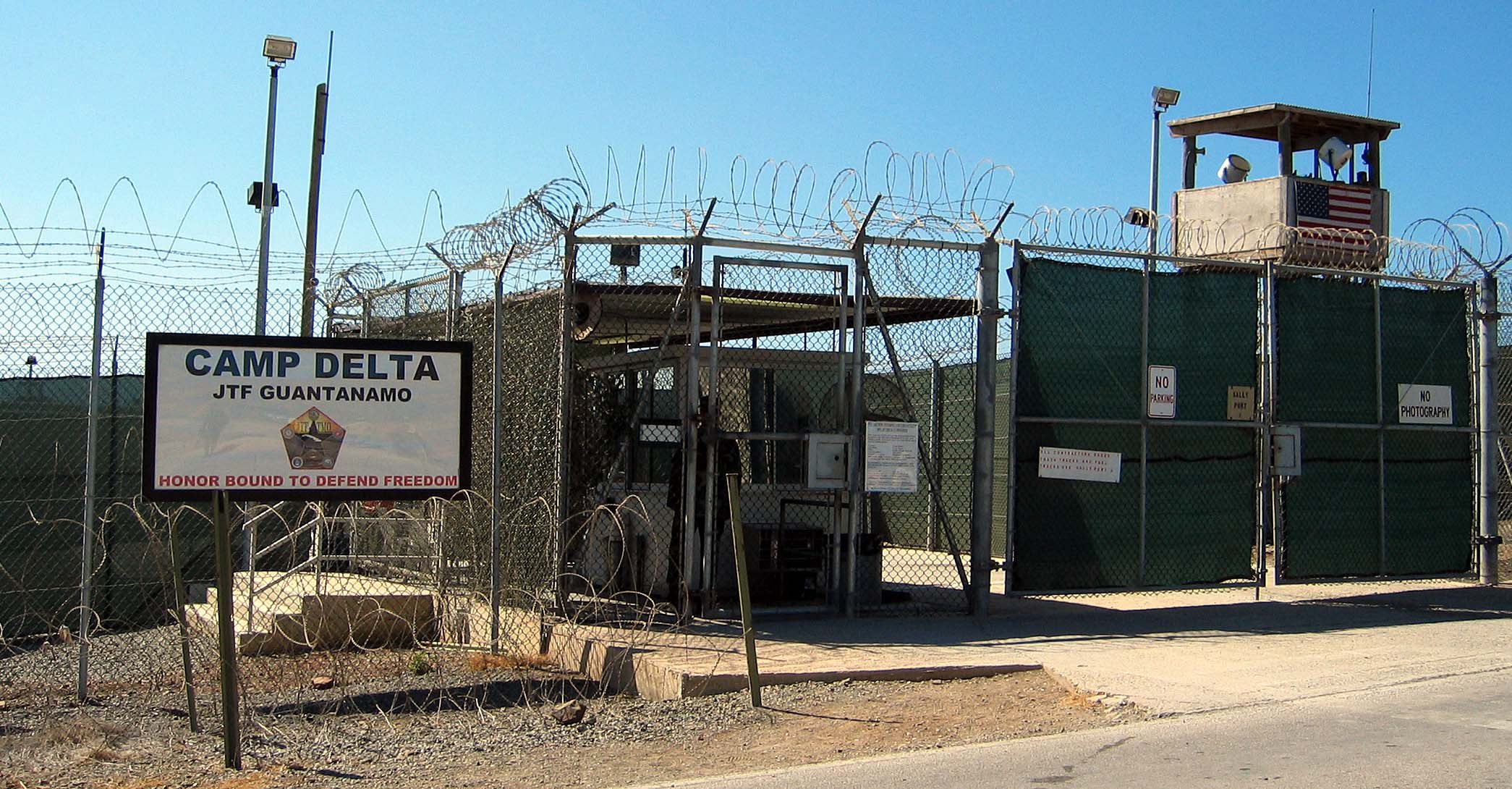
GUANTÁNAMO BAY, Cuba — A New York-based lawyer who represented Theodore J. Kaczynski, the "Unabomber" who engaged in a long-running campaign of domestic terrorism, took charge on Monday of the defense team for Khalid Shaikh Mohammed, the man accused of orchestrating the Sept. 11, 2001, attacks.
The lawyer, Gary D. Sowards, became Mr. Mohammed's designated, Pentagon-paid death-penalty specialist, called a learned counsel. He replaced David Z. Nevin, who had served as Mr. Mohammed's lead lawyer since 2008 and will take on a secondary role.
It was the first shake-up of a legal team in the five-defendant conspiracy case since the judge, Col. W. Shane Cohen, scheduled Jan. 11, 2021, as the start date for selection of a military jury in the anticipated nine-month trial.
Colonel Cohen said at the start of a three-week hearing on Monday that although he had set the date, "I feel no pressure" to hew to it, if circumstances change. He is the third judge to get the case since the defendants were arraigned in 2012. He held his first hearing in June.
"My full attention is on the case, and we will proceed accordingly," he said.
Mr. Mohammed, 54, and four other men are accused of directing, training or helping with travel and finances for the 19 men who hijacked four passenger planes and crashed them into the World Trade Center, the Pentagon and a Pennsylvania field, killing nearly 3,000 people. All five men are facing death-penalty charges.
In presenting his qualifications to the judge, Mr. Sowards, 69, said he had done criminal defense work on 45 capital cases at the federal or state level.
He specifically mentioned his representation of Mr. Kaczynski, with two other lawyers, Quin Denvir and Judy Clarke, as part of his 40-year career, noting that the case had "successfully concluded with a sentence of less than death." Mr. Kaczynski is serving a life sentence at the "supermax" prison in Florence, Colo.
Mr. Nevin, who is 70 and based in Boise, Idaho, has been Mr. Mohammed's most public lawyer, leading a team of military and civilian defense lawyers, paralegals and other experts. His secondary role does not require that he attend every hearing or every day of trial.
Mr. Mohammed did not seek the change, Mr. Nevin said after court on Monday. He also said that he had no intention of leaving the case before the trial. Instead, Mr. Nevin said, his residence in Idaho had complicated his ability to direct the team. Either he had to travel frequently to war court headquarters near the Pentagon or couriers had to bring him material to conduct top-secret business, which had become difficult and "extremely expensive for the government."
With the change, Mr. Sowards will earn the federal hourly rate for a death-penalty defender. Mr. Nevin will be employed by the John Adams Project, a Guantánamo legal defense fund that is administered by the American Civil Liberties Union.
At the same time, an A.C.L.U. staff attorney, Denny LeBoeuf, formally joined the Mohammed defense team on Monday. Ms. LeBoeuf, 71, who is based in New Orleans, is the director of the John Adams Project and has been meeting with Mr. Mohammed since 2013 but never before presented her credentials in court. Her specialty is litigating mental health and trauma.
Mr. Mohammed's lawyers argue that he suffered brain damage during his years in C.I.A. custody, from March 2003 to September 2006, when he was waterboarded 183 times and subjected to rectal abuse, sleep deprivation and other forms of torture.




